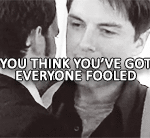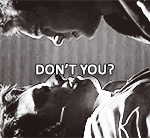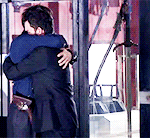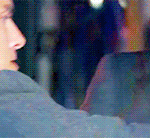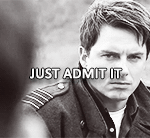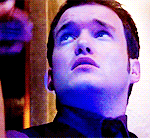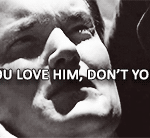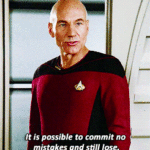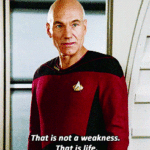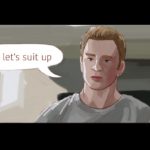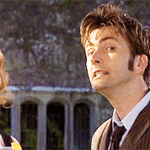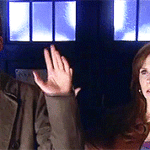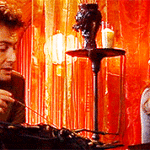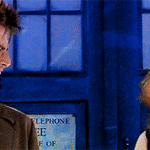Childhood fears
There’s that post going around about that one movie everyone saw when they were too young.
Beyond movies, I know there’s other stuff that messed us up.
For me, it was my Dad convincing me to go on Space Mountain at Disneyland when I was like…7? 8? My mom was dubious but I trusted my dad (hah). Yeah I came off the ride crying I was so scared. I woudn’t set foot on another roller coaster until I was 14.
Dr. Watson doesn’t write to you, he talks to you, with Edwardian courtesy, across a glowing fire.
His voice has no barriers or affectations. It is clear, energetic and decent, the voice of a tweedy, no-nonsense colonial Britisher at ease with himself. Its owner is traveled. He has knocked about, as they say, browned his knees. Yet he remains an innocent abroad.
He is a first-class chap, loyal to a fault, brave as a lion, and the salt of the earth. All the cliches fit him. But he is not a cliche.
Finer feelings confuse Dr. Watson. He is a stranger to art. Yet, like his creator, he is one of the greatest storytellers the world has ever listened to.
On the rare occasions he leaves the stage to Holmes, we long for him to return.
Holmes – mercurial, brilliant, complex, turbulent Holmes – is not safe out there alone.
Oh, he manages. He can dissemble, go underground, disguise himself to the point where his own mother wouldn’t know him, he can act dead or dying, trawl opium dens, wrestle with Moriarty on a cliff’s edge, or dupe the Kaiser’s spy.
But none of that changes the fact that when he is alone, he is only half the fellow he becomes the moment faithful Watson takes back the tale.
John le Carré, one of Mark Gatiss’ favorite writers. [x]
(From le Carre’s foreword to The New Annotated Sherlock Holmes 150th Anniversary Edition of collected short stories. [x])
[ Skulls & Tea | Meta Toolbox Posts ]
(via skulls-and-tea)











